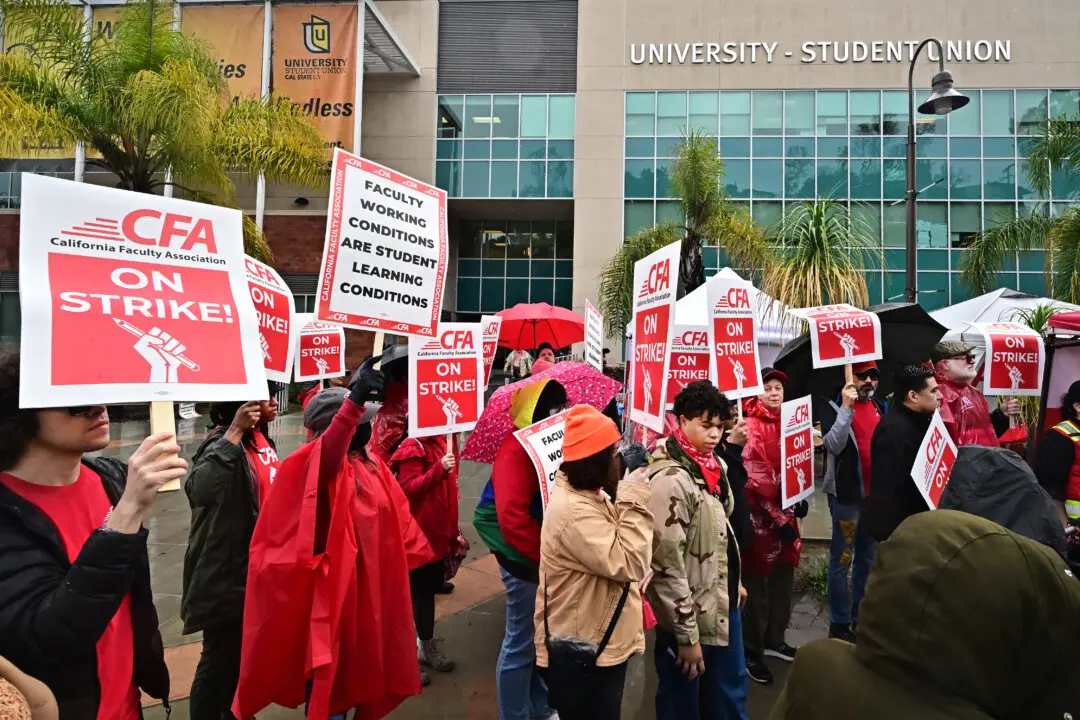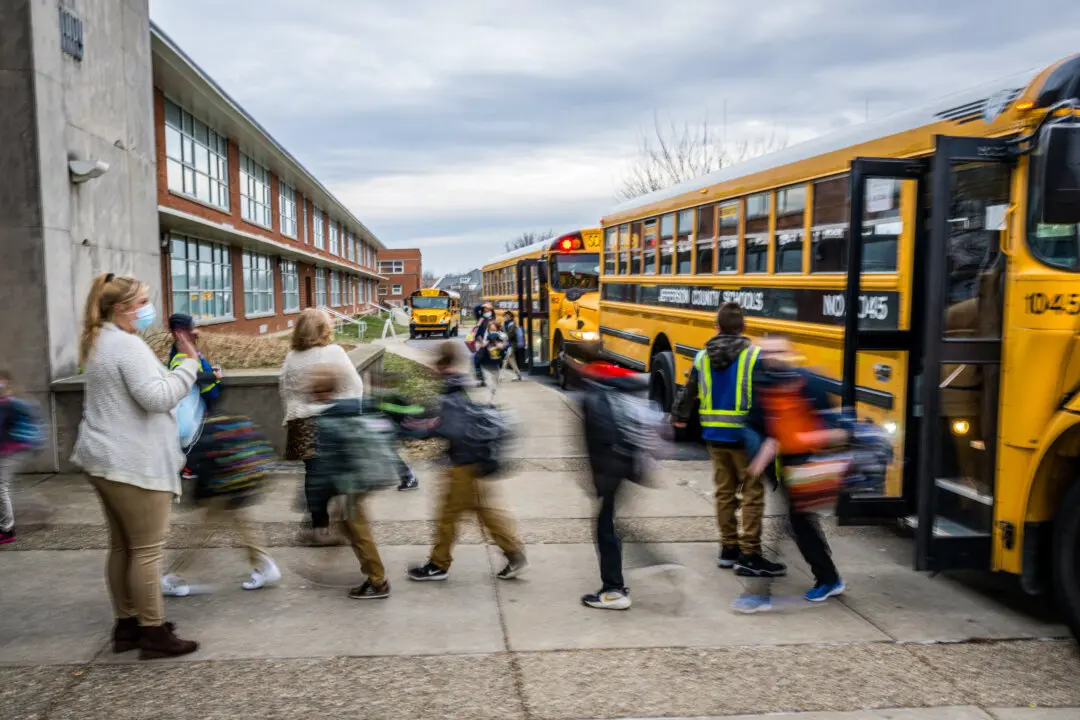Some leaders across the country are taking preemptive action regarding overcrowded schools and local property tax hikes despite a 1982 U.S. Supreme Court ruling that determined that all children, regardless of legal status, are entitled to a free K–12 education.
When state legislatures reconvene next month, elected representatives will discuss laws that shift the costs of educating illegal immigrants to the federal government, require proof of U.S. citizenship for school choice voucher programs, or deny deeply discounted in-state college tuition rates to undocumented residents.





